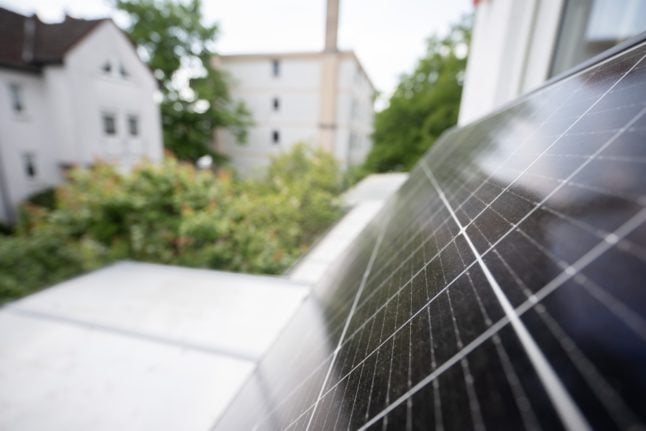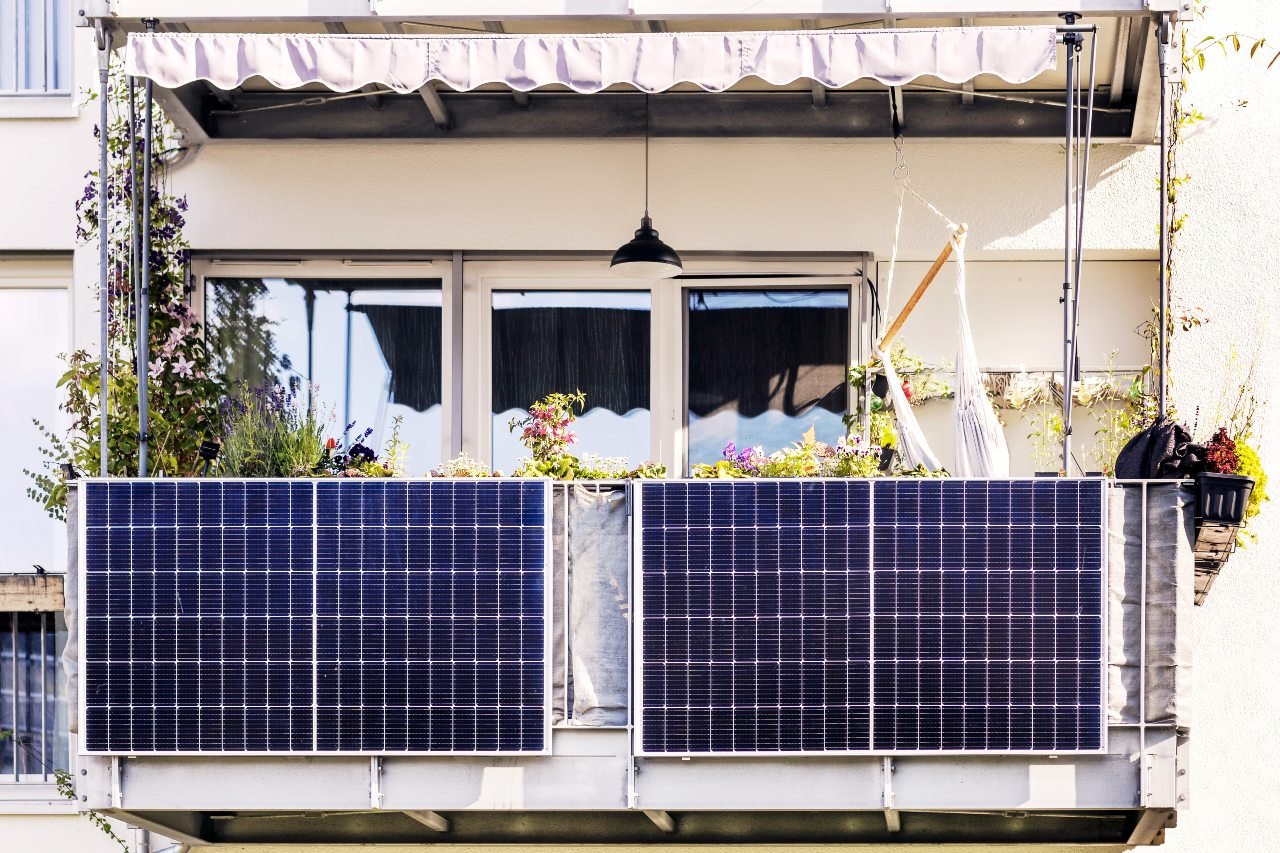“For autumn and winter, it would be a great pleasure for us Greeks to welcome German pensioners who want to experience a ‘Mediterranean winter’ with Greek hospitality, mild weather and quality services,” Greek tourism minister Vasilis Kikilias told Bild newspaper on Thursday.
With heating bills set to triple or go even higher next year due to gas shortages caused by the economic stand off between the West and Russia over the latter’s invasion of Ukraine, ever more Germans face failing into energy poverty.
The head of Germany’s Federal Network Agency warned this week that households could face an increase of several thousand euros in their annual heating bill.
But the Greek government is promising that Germans would be well received in a country which is a firm favourite among German holidaymakers during the summer season.
“We will be here waiting for you,” Kikilias assured German retirees.
With the cost of living in Greece significantly lower than in Germany, pensioners could also save on their weekly shopping bill if they were to migrate south for the winter.
Panagiotis Simandirakis, mayor of Chania on the island of Crete joined in on the appeal, telling the tabloid that “no Germans will freeze in Greece.”
He claimed that his island had the best climate in the whole of Europe and that there is no need to heat homes in the winter due to the mild temperatures.
Whether the proposal offers a genuine solution to the energy crisis that is looming over Germany remains to be seen. The Greek government has not offered any financial incentives other than the lower cost of living which already exists in the poorer EU country.
Any pensioners planning to spend the winter in southern Europe would have to first rent out their own property to make the plan pay. This is a risk that Germans struggling to pay their bills might be unwilling to take.
READ ALSO: German energy regulator warns gas prices could triple




 Please whitelist us to continue reading.
Please whitelist us to continue reading.
Member comments